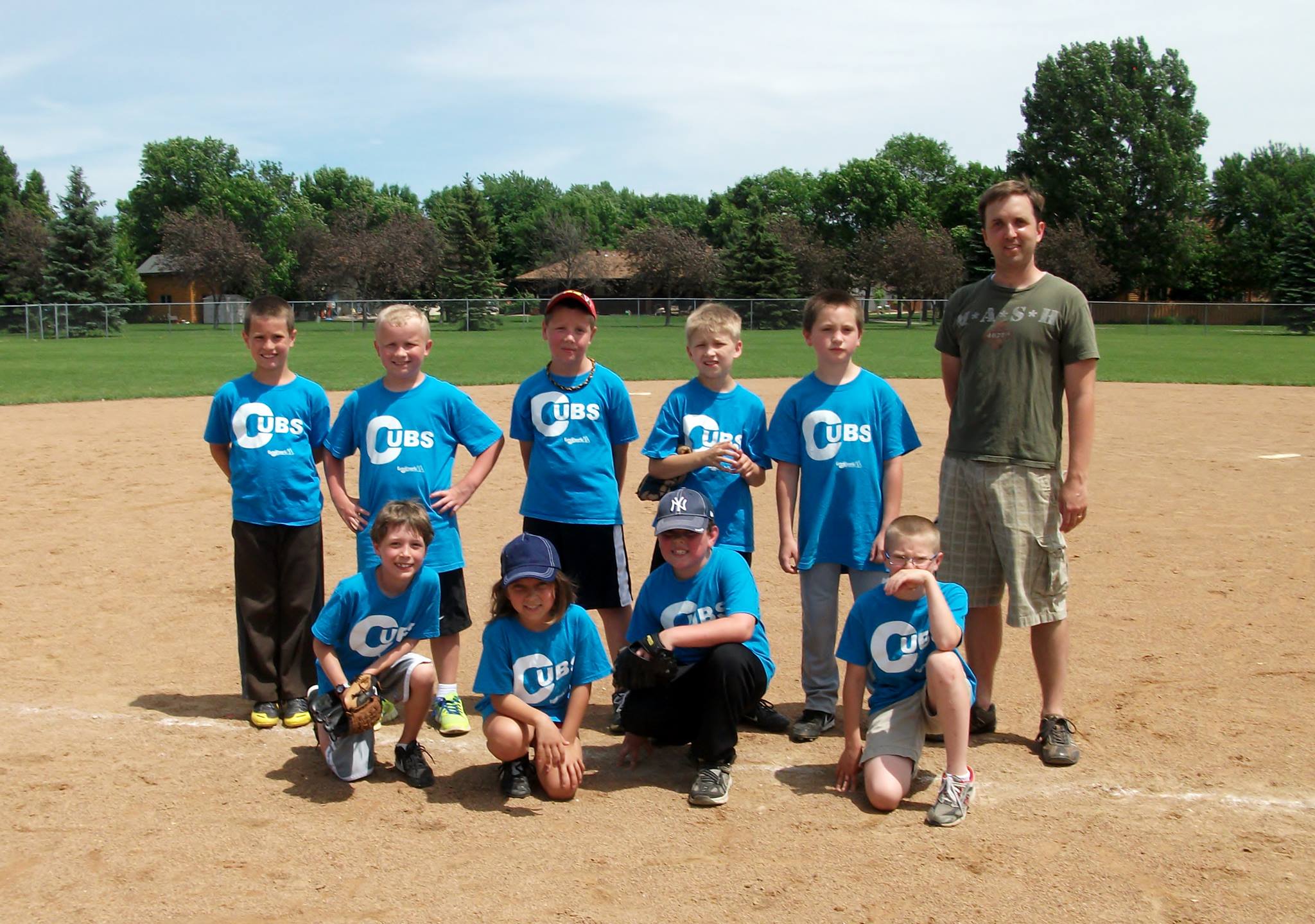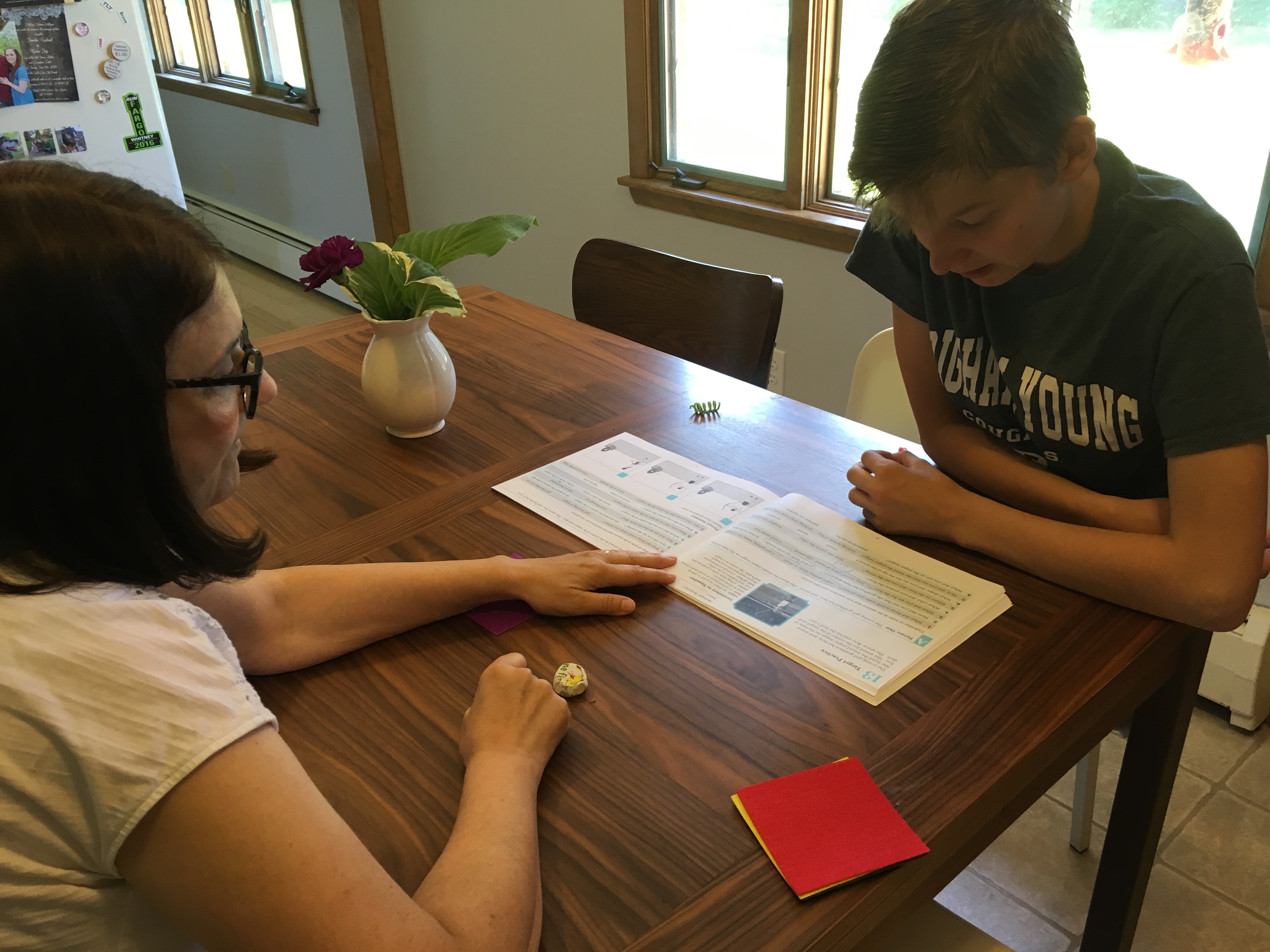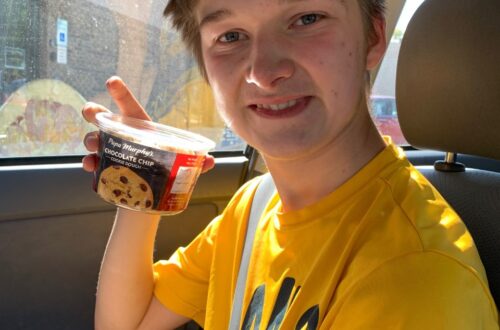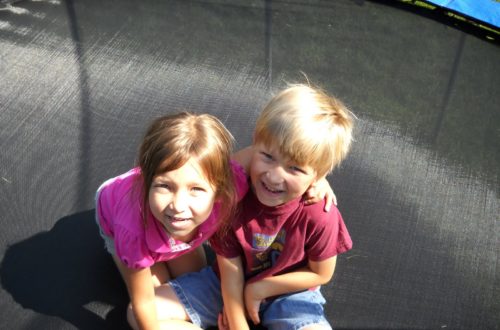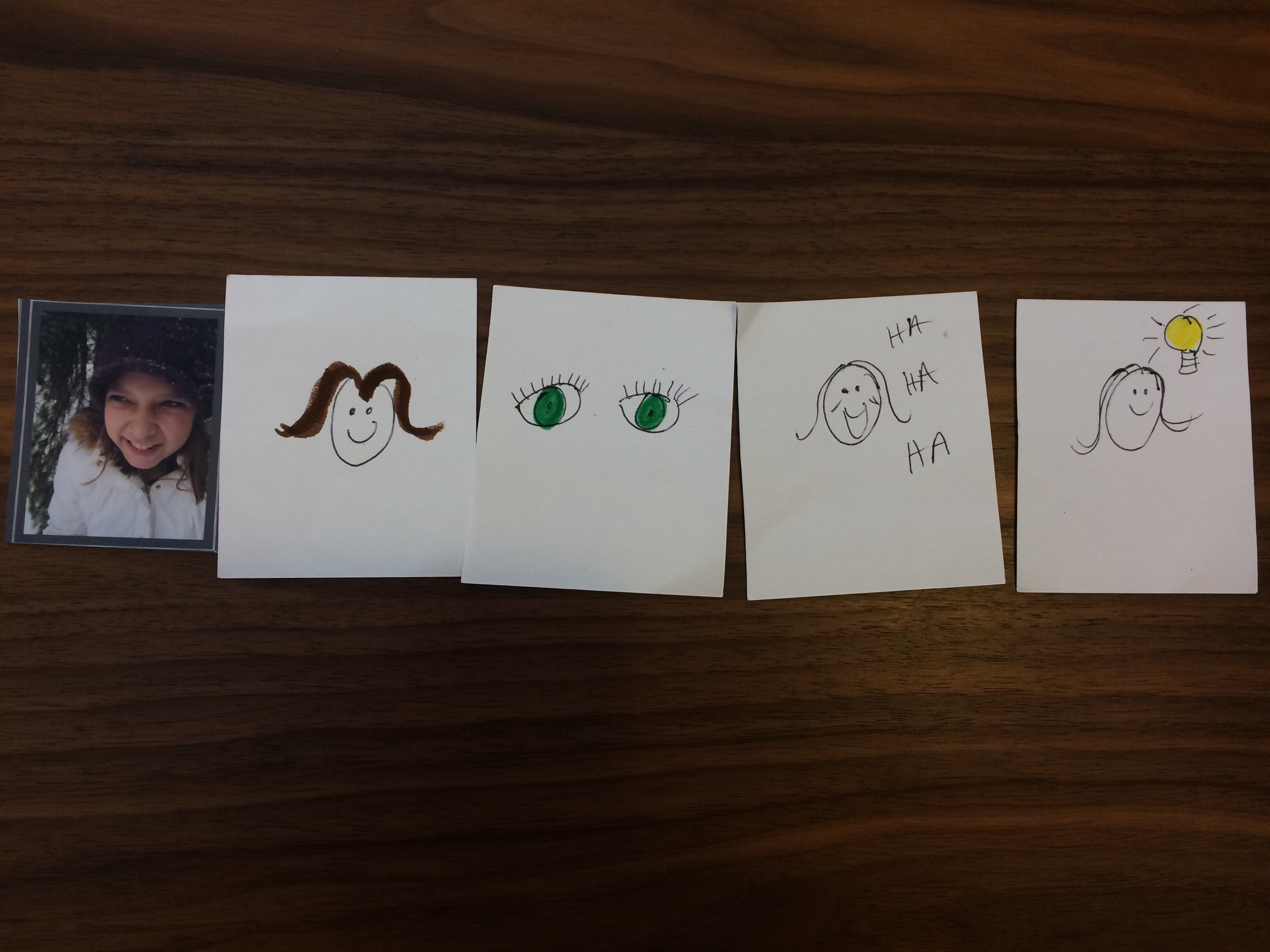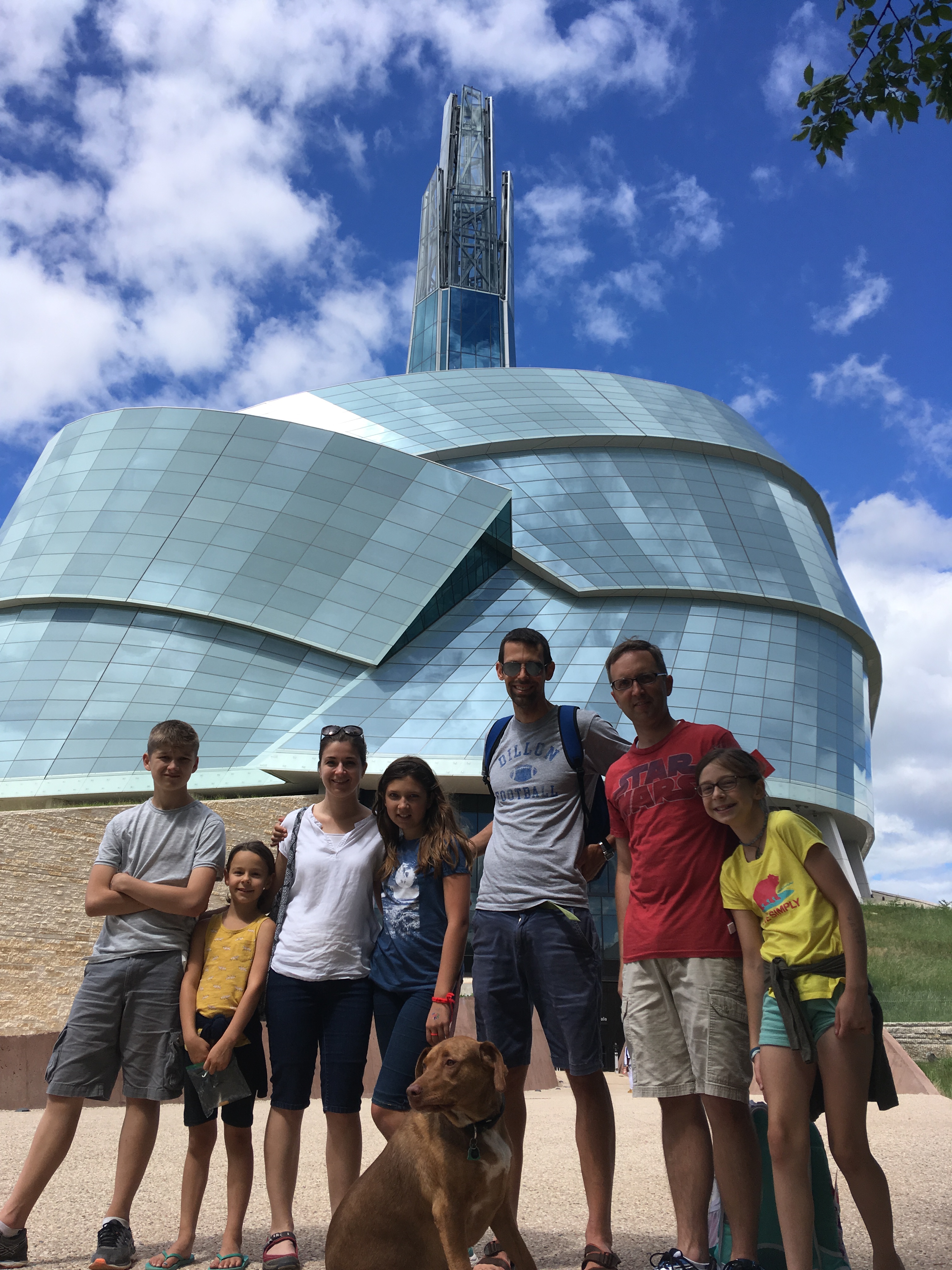
A North American citizen
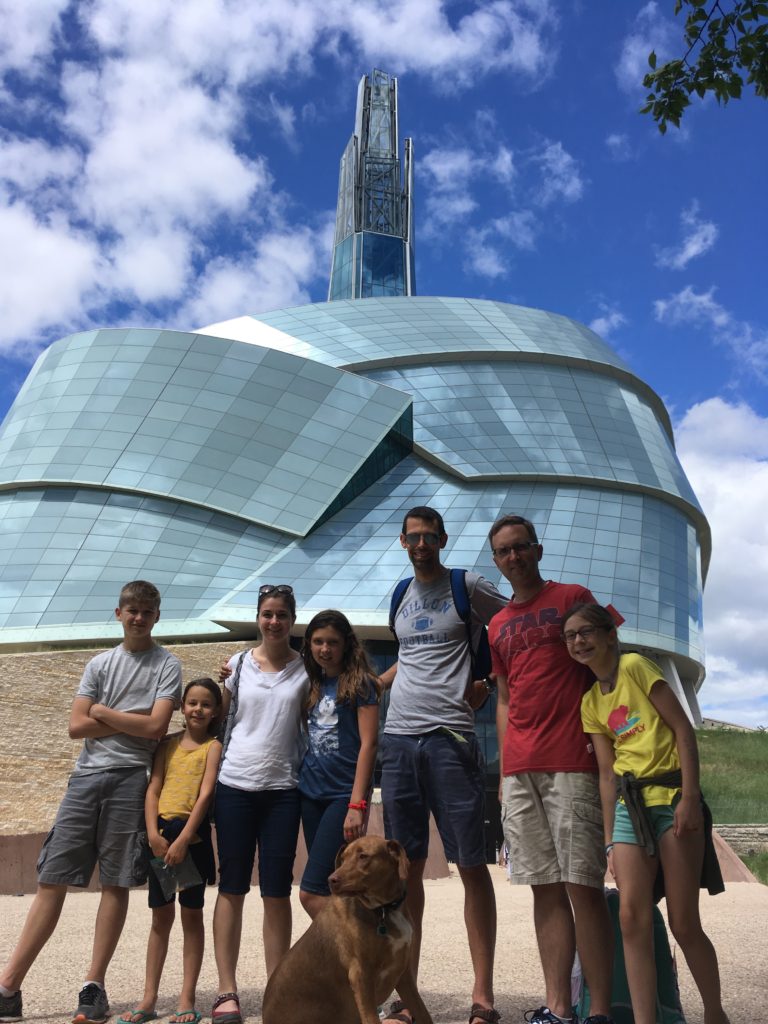
It’s been really interesting being around J lately. We’ve spent an entire, intensive month relearning how to “read.” In a lot of ways, it’s like watching a baby or toddler discover things for the first time–there’s this genuine thrill of discovering something new. And it’s as if everything is new–like alien from a different planet discovering earth type of new. It’s thrilling and demoralizing at the same time (because I feel like we’re THAT far behind again when I realize how much he hasn’t picked up the “first time around”). Reading is really the impetus for this discovery experience. The way we’ve been reteaching J how to read requires him to really observe and pay great attention to detail to the images words create or the objects and events around him.
Our trip to Winnipeg for Canada Day had some “discovery” moments. The first one happened just moments into Canada after we crossed the Emerson/Pembina border. J blurted out, “Hey, they use kilometers in Canada.” It’s crazy, because we’ve been in and out of Canada a dozen times as a family over the last few years and J–instead of focusing on exit numbers and mile markers suddenly discovered there was something more to pay attention to on the road to Winnipeg. The best part of it all was that you could hear in his voice a recognition–and the wheels turning–he’s talked about kilometers in school before (in math and science) and there was this “hey, is that what they were talking about this whole time” tone in his voice. Then came the follow up questions: “What do kilometers measure?” Answer: “Distance.”Questions about miles. And again you could sense the wheels turning again.
The last moment happened as we left Winnipeg. Our family always says a travel prayer before we leave for or return from a big trip. As J rattled through his prayer he said, “thanks for being in Canada to celebrate indep…” then he got quiet for a moment. He never finished the word “independence” because suddenly he recognized that Canada and the US have different celebration days and that maybe they weren’t the same? I don’t quite remember the rest of the words before the “Amen.” I was beyond excited that he had been observing and making connections on the trip. That’s the best thing about the re-reading experience. I feel like I’m really starting to see what J is thinking about–and that he is really thinking or is starting to learn how to think.
It seems small–really small. J will be starting high school next year and this is second grader higher thinking skills. But I’m really excited. J has these baseline pockets of random knowledge (definitions of kilometers and independence) floating in his head and now they are starting to stick to something bigger.
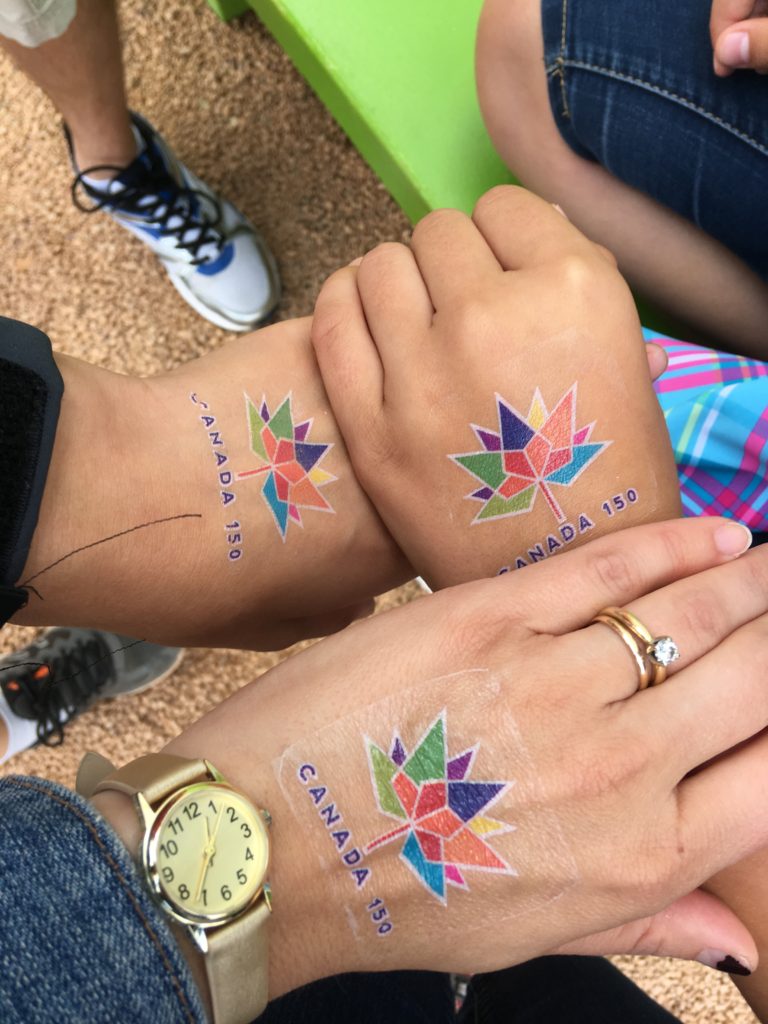
I realized after the whole Saturday Canada Day trip, I never did tell my kids what Canada was really celebrating. I’m sure they picked up on the whole “Canada is 150 years old” thing. That was plastered everywhere. Right down to the free tattoos on their hands. It’s probably because I was trying to piece the whole thing together myself. I’m sort of this funky non citizen of anything. I have Canadian citizenship but don’t live in Canada. I don’t have American citizenship but live in the States. Honestly, sometimes I’m not sure if I fit in anywhere.
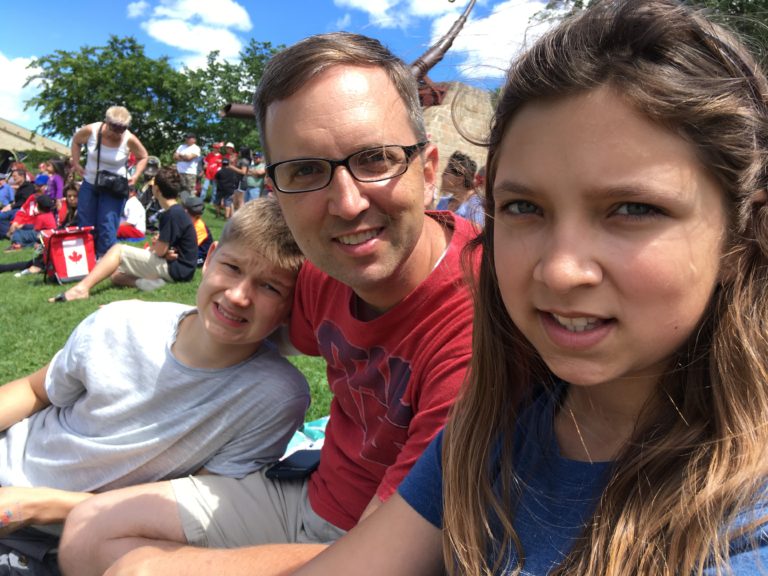
The whole day I was trying to figure out what 150 meant to me (because yes I do have an identity crisis). I know my Canadian history. I know about confederation. No, J, there was no battle cry of independence. But Canada 150 really isn’t a celebration of confederation. Growing up I never felt like any Canada Day was a celebration of confederation. I always felt it was more of a celebration of people, of diversity. Which is also complicated because how are you united when you celebrate–emphasize that no one is the same? It’s the mosaic vs melting pot idea and since I’ve lived in both kind of countries, it’s even that more confusing.
So as our family sat down to watch the pow wow at the Oodena Celebration Circle and watched the dancers and listened to the speakers, I was reminded about the whole other facet of Canadian history. I knew through social media and reading the news that many people in Canada felt it was inappropriate to celebrate 150, because it celebrates colonialism. I still remembered the angst I felt in Junior High learning about the Peigan tribes in Alberta and the violation of treaties and feeling absolutely terrible about it all and paralyzed too. I didn’t know how to fix it. Even if we gave all the land back we could never restore the terrible things settlers did to tribal culture and lifestyles. That narrative isn’t as loud in the US and so those Junior High feelings came back to me again. What are we really celebrating when we celebrate a nation’s birthday?
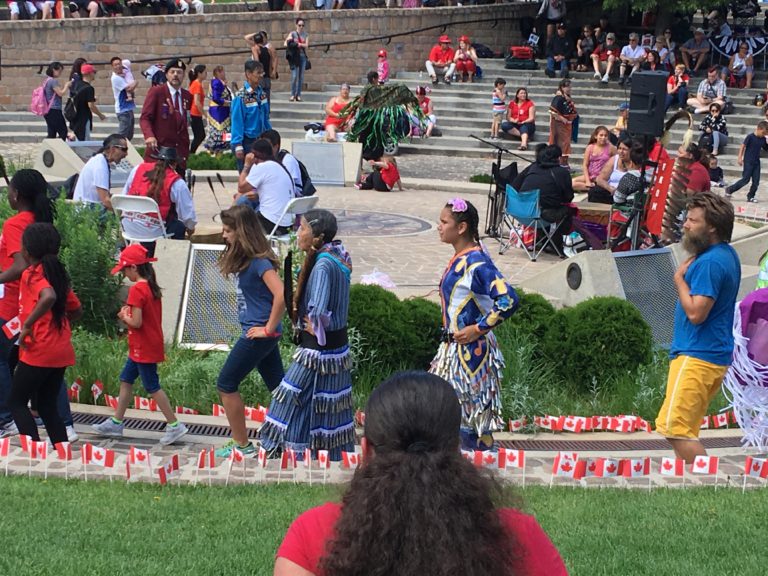
One of the tribal leaders must have read my mind. She addressed the 150 controversy with the crowd. She talked to us about colonialism. But she said that her coalition of Indigenous tribes decided to perform on Canada Day anyways because their children wanted to. Their children wanted to dance their traditional dances to celebrate Canada and that everyone felt that this was a way to teach us about history and where we can go from here. “Because we all live on treaty land.”
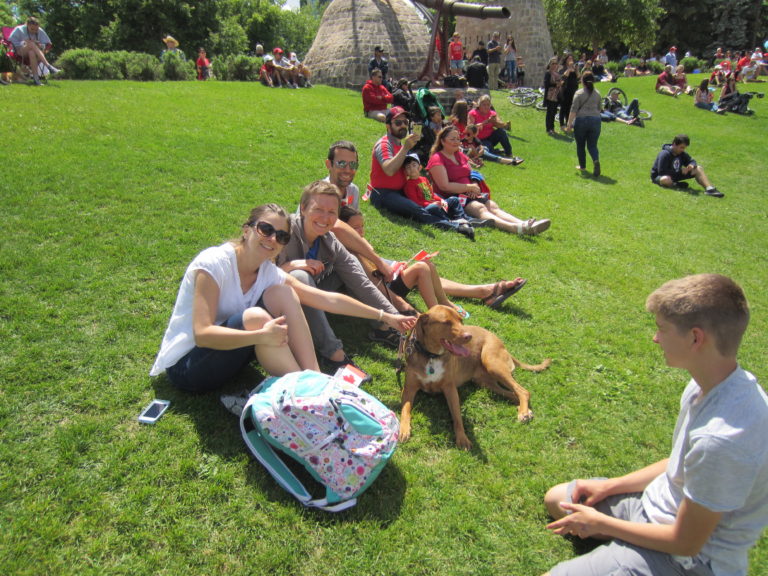
And for the first time in almost 3 decades I felt an empowerment instead of paralyzed by history, treaty violations, and human rights violations. Oddly enough, it’s been my experience living in the States that helped me gain some understanding of this. Learning about US history, the mistakes and victories the US has made and seeing the bigger picture in all of this. All of us–whatever situation we are living in, wherever we are–are living with experiences and opportunities bought with a price. Sometimes in very ugly ways (slavery, treaty violations, treatment of minorities, etc). Often we have the things we do (for better or worse) because of someone else. I realized how crucial it is to remember important events in history–the good and the bad–the holocaust, slavery, the civil rights movement, the boarding schools for Indigenous children, sending children with disabilities away from their families to institutions. To acknowledge what went right and what went wrong, to listen to people who come from different backgrounds and experiences than us, to read their stories, so we make better choices the next time or keep making the right ones now. To make our understanding of the world bigger than it is.
I realized how important it is to keep the conversation going. It’s not just a one time discussion. It’s easy to think we’ve “solved the problems of the past, and that we should all just move on,” but humans are always growing and learning and reverting back to all ways. Humanity is a work in progress. None of us–no society– has “arrived” at perfect human greatness. We still exploit. We still screw up. Right now I’m at the edge of my seat as discussions of potential changes in education–particularly special education–are happening. Will J be guaranteed the same opportunities guaranteed to him next year as he does today? Will he be guaranteed the health care and services he needs? I never want this discussion to end. I want people to keep talking about it because if we stop talking about disability rights we might forget about disability rights. If we stop talking about minority rights, immigrant rights, access to health care rights, we forget about these rights. Do current narratives include everyone? Does everyone have an equal chance to talk in the story? Is there anyone who is left out or whose voice can’t be heard? Is it my son’s voice? Is it my parent’s voice? Is it my neighbour’s voice? Is it a stranger’s voice?
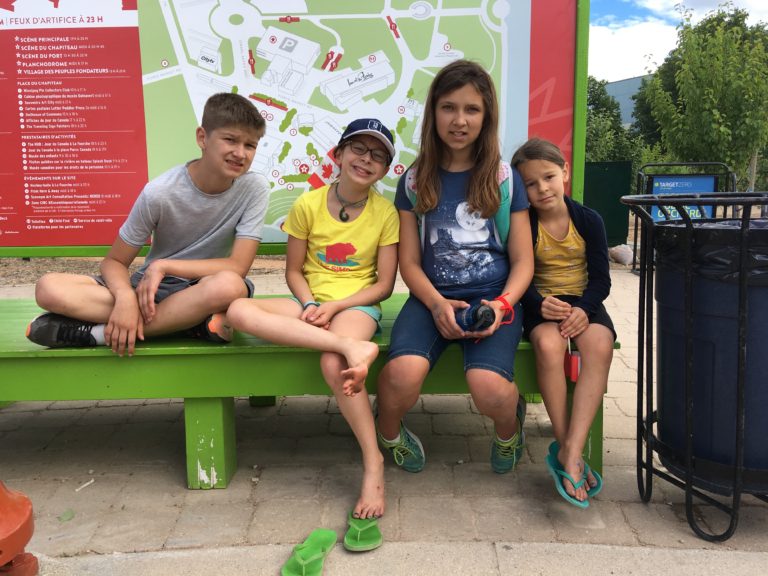
Thank you to the tribes who shared your children with us on Saturday and the spark for understanding you fueled. You taught me again what it means to be a Canadian, to live in the United States, to be a citizen of North America and what my roles need to be. As I think of Canada and the United State’s birthdays, patriotism, love of country and people, I now think of the pursuit to be a better people, not the celebration of being the best country. Substitute any democratic country’s name into Langston Hughes’s “Let America be America Again” and it could apply to every democracy on the planet. It’s a beautiful reminder of what love and inclusion is and what a country should aspire to.
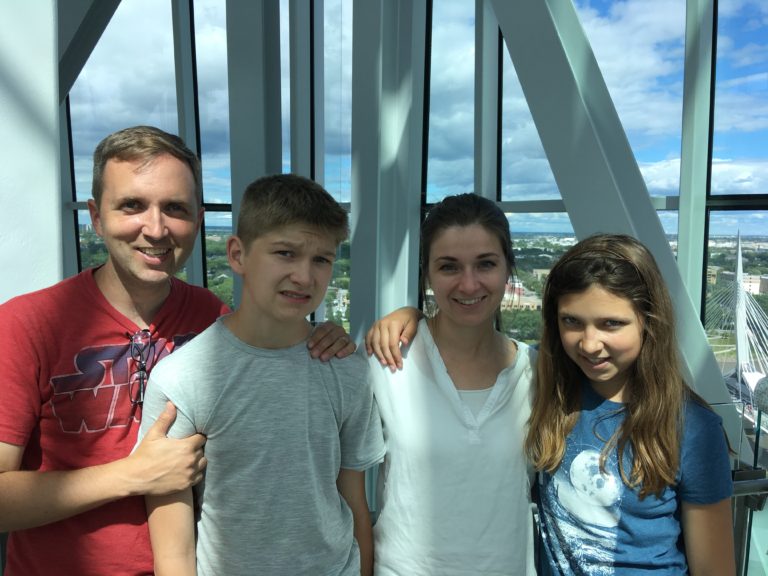
So J, my young man, just as you start slowly discovering new things and make new connections in a world you already thought you knew, take heart, your mother and everyone else on this planet is continually trying to do the same thing. We’re doing it all at different rates and in different ways. Piecing together bits of knowledge, trying to make the picture on the puzzle box. Trying to become better.
